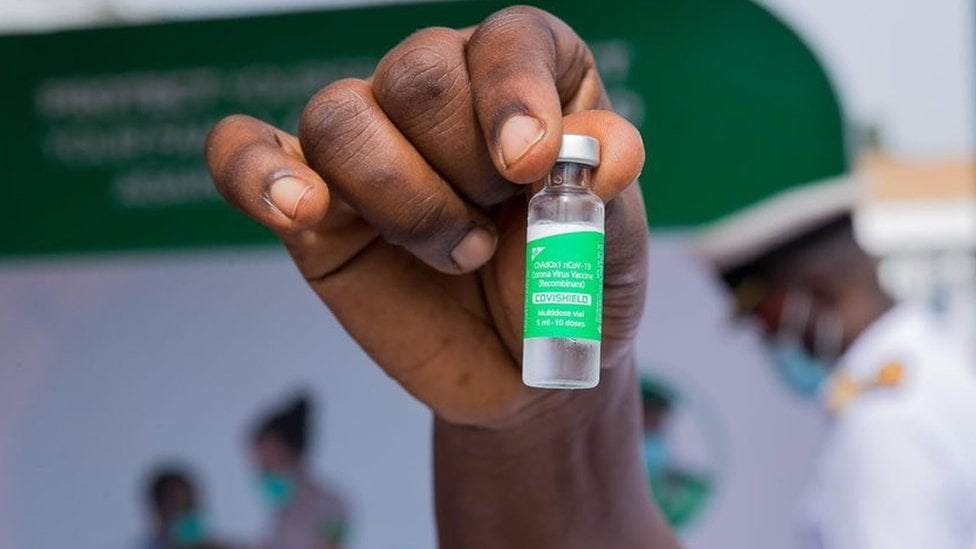The Upper East Regional Health Directorate has commended all stakeholders in the COVID-19 fight for helping to manage the myths, misconceptions, and misinformation around the disease and its vaccination.
It is for this reason that more than 650,000 of the 900,000 target population in the Upper East Region have been fully vaccinated, while more than 700,000 people have received the first jab.
The Bolgatanga Municipality, Bolgatanga East District, Bongo District, Garu District, and Nabdam District have fully vaccinated over 80 percent of the target population, while the remaining districts are municipalities and have recorded vaccination rates of between 50 and 79 percent. Due to its peculiar challenges, the Bawku Municipality has fully vaccinated less than 40 percent of its target population.
The Deputy Director in Charge of Public Health, Dr. Josephat Nyuzaghl, made these comments when he spoke with Mark Smith on the Day Break Upper East Show about the effects of misinformation and disinformation on the uptake of the COVID-19 vaccination.
“It is not a major problem for us in the region again, but I would still say that in our community work, we have realised that some people are still hesitant about taking the vaccines. The feedback we are getting from our community health workers is that once they get into the house and people are hesitant and they are able to provide information about their concerns, the majority of them actually accept to take the vaccine.”
The Upper East Region, according to Dr. Nyuzaghl, is better than other parts of the country.
“Our situation is not bad as compared to places like the Volta Region and the Oti Regions. In those places, this is a big issue. We do not have that problem,” he said.
To reach the remaining target population, the Deputy Director of Health appealed for support from well meaning individuals and organisations to cover funding for extended community outreach.
The conversation that took place on the Day Break Upper East Show was part of A1 Radio’s collaboration with the Media Foundation for West Africa to assess the impact of misinformation and disinformation on society and to draw attention to the need for media practitioners and news consumers to be cautious about the publication and consumption of information.
Recently, the Media Foundation for West Africa (MFWA) trained 125 journalists across the country on fact-checking and countering mis-disinformation in Ghana. The purpose of the two-day training series was to expose the journalists to concepts such as information disorder, fake news, and misinformation, how pervasive they are, how they manifest, as well as their impact on peace and democratic governance.
The second component of the training provided a deep dive into some fact-checking and verification tools that can be used to identify and counter misinformation, as well as fact-checking standards and ethics. In Tamale, the journalists were brought together from the Upper East, Upper West, Northern, North East, Savannah, and Bono East regions. Similar training was organised in Kumasi, Ho, and Accra.
Source: A1radioonline.com|101.1MHz|Mark Kwasi Ahumah Smith|Ghana


